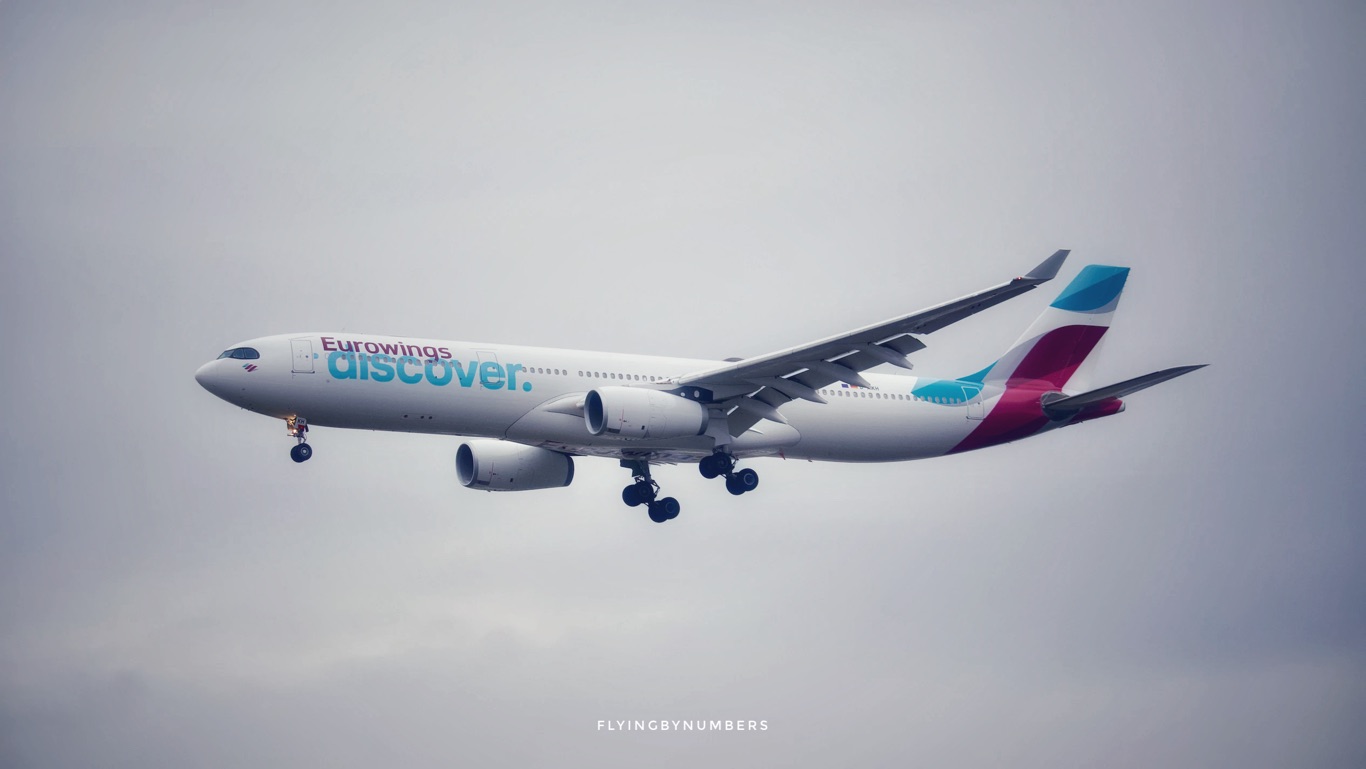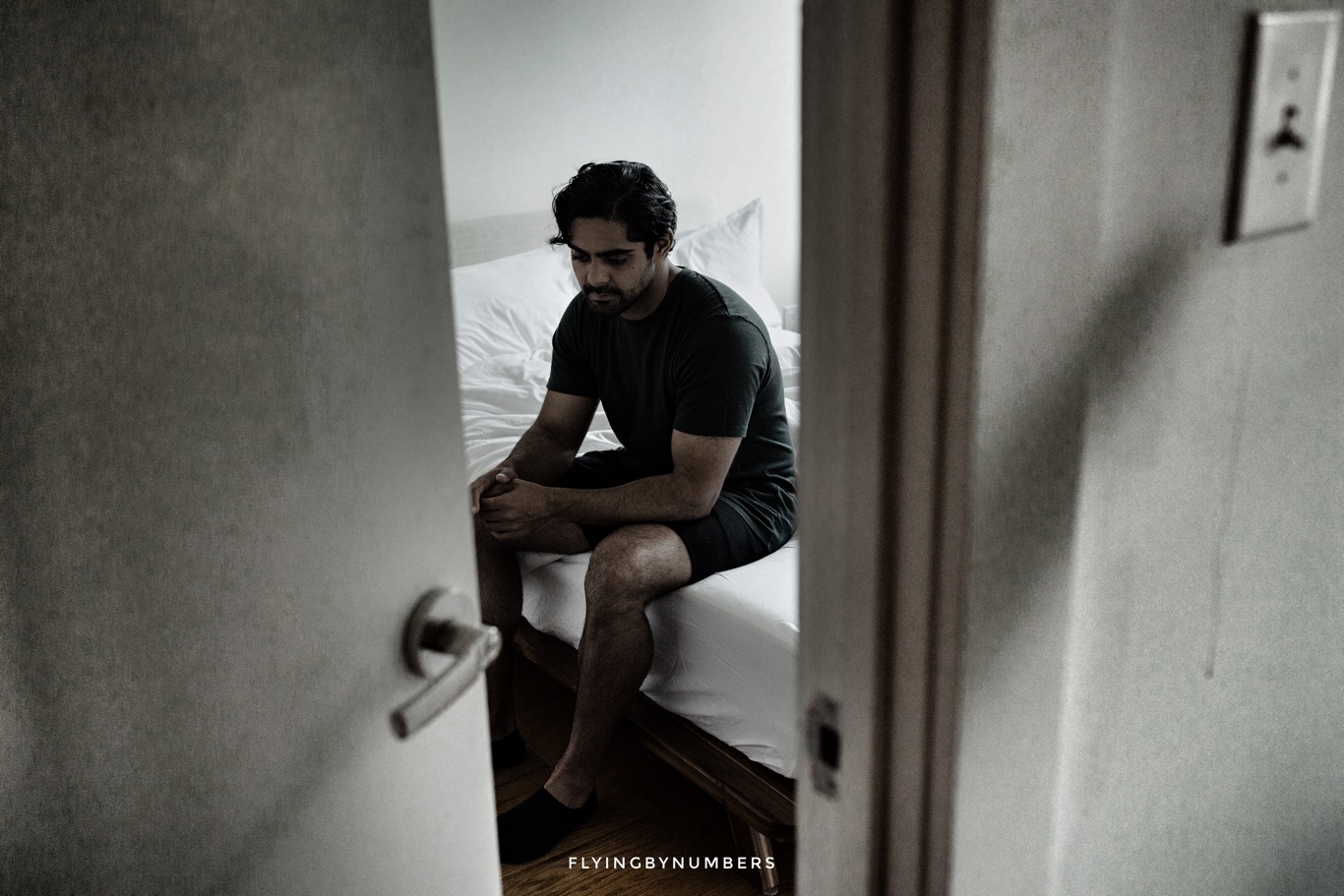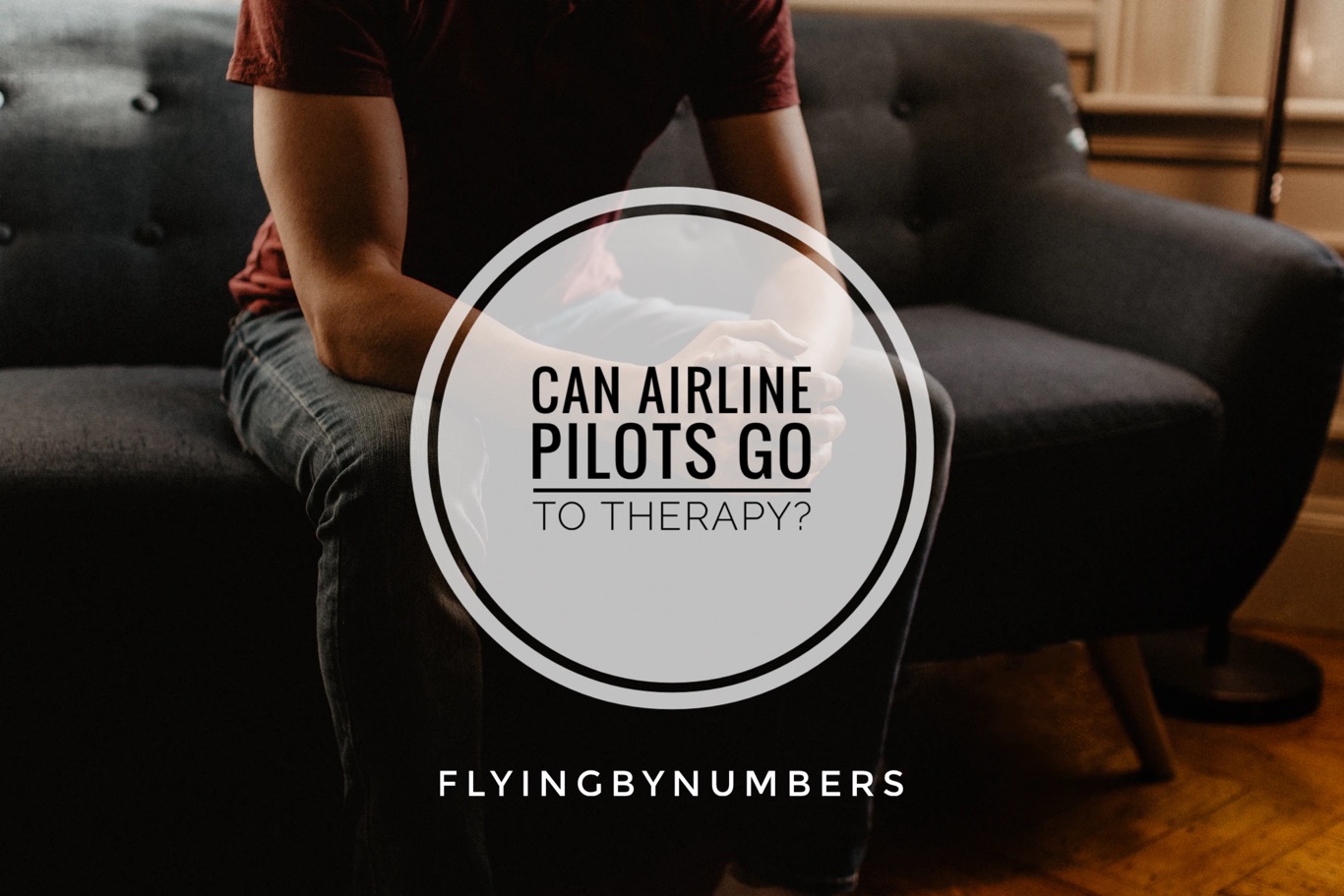Airline pilots are entrusted with the safety of hundreds of passengers on each flight. With long hours and constant travel, the job can be stressful and demanding, often taking a toll on the mental health of pilots.
Unfortunately, the stigma surrounding mental health is especially prominent in the aviation industry. As an example, “airline pilot therapy” is heavily googled behind closed doors, but rarely discussed in person.
With a fear of losing their career commonly cited, it’s no surprise then that many pilots may be hesitant to seek help. Airline pilots are regularly at pains to be seen as strong, capable, and mentally stable individuals. However, the reality is that pilots, like everyone else, can experience mental health issues that can affect their ability to perform their duties.
In this article, we will explore the stigma of pilots with mental health issues, answer the question “Can airline pilots go to therapy?” and look at the changes that have been made in the industry to address pilot mental health.
The Stigma of Pilot Mental Health
The aviation industry has historically stigmatised mental health issues among pilots, with anonymous pilot surveys citing the fear of losing their medical certification as a reason for not seeking help.
The FAA bars pilots from the cockpit if they report seeking regular talk therapy for even mild anxiety or depression; this may last for months and sometimes even years, based on the assumption they pose an unacceptable risk to safety.
We Need to Change the System That Keeps Pilots from Seeking Mental Health Care — ScientificAmerican
Additionally, there is a perception that mental health issues may indicate weakness or instability, leading pilots to avoid seeking treatment to maintain their professional image.
Pilot mental health was put in the spotlight in 2015 when German wings Flight 9525 crashed into the French Alps, killing all 150 passengers and crew on board. It was later revealed that the co-pilot had a history of mental health issues and had deliberately crashed the plane.
This tragedy sparked a discussion about the mental health of pilots and the need for better mental health support in the industry. It even lead to widespread debate about whether pilots should ever be left alone in the cockpit.
Desperate to move on from associations with the tragic crash, Germanwings was subsequently rebranded to Eurowings.

Can Airline Pilots Go to Therapy?
Yes, airline pilots can go to therapy. There is no rule prohibiting pilots from seeking mental health treatment. In fact, many airlines have established mental health programs specifically for their pilots.
However, there are some considerations to keep in mind. The Federal Aviation Administration (FAA) requires all pilots to undergo a medical examination at least once a year to maintain their medical certification, and similar standards exist in virtually all aviation regulators across the globe.
These examinations include a mental health evaluation, which may include questions about a pilot’s history of mental health issues or medication use.
Additionally, pilots must disclose any mental health conditions or medication use on their medical application.

The FAA explicitly prohibits personality disorders, psychosis and bipolar disorders. But it is the additional cautions surrounding mental health that seems to put off many pilots from registering any complaints to their AME.
No other personality disorder, neurosis, or other mental condition that the Federal Air Surgeon, based on the case history and appropriate, qualified medical judgment relating to the condition involved, finds
FAA regulations
- (1) Makes the person unable to safely perform the duties or exercise the privileges of the airman certificate applied for or held; or
- (2) May reasonably be expected, for the maximum duration of the airman medical certificate applied for or held, to make the person unable to perform those duties or exercise those privileges.
Can pilots still fly whilst being treated for depression?
Some airlines may require pilots to take a leave of absence if they are being actively treated for any new mental health condition, such as depression. This leave may extend until their aeromedical examiner (AME) has a more in-depth understanding of their exact condition, and treatment moves into a longer-term phase.
However, others may allow pilots to continue working even if they are being treated — it’s typically down to individual airline policy and doctor judgment.
One issue that pilots may face when seeking mental health treatment for depression is the use of selective serotonin re-uptake inhibitors (SSRIs).
These medications are commonly used to treat depression and anxiety, but they can have side effects that can affect a pilot’s ability to fly. For example, SSRIs can cause drowsiness, dizziness, and blurred vision.
Like other global regulators, the Federal Aviation Administration (FAA) requires pilots who are using SSRIs to undergo a medical evaluation to ensure that they are fit to fly.

Pilots who are taking SSRIs may also require adjustment periods away from flying every time the medication dosage is changed. As SSRIs are typically phased in and out during treatment for depression, this can result in several weeks away from flying every time the medication level is readjusted.
Pilot Mental Health Initiatives
The ongoing conversation about pilot mental health has seen significant improvements and evolutions recently. As we have seen, historically, the stigma surrounding mental health issues within the aviation industry often acted as a barrier, discouraging pilots from seeking professional help.
Recognising this, key industry stakeholders, regulatory bodies, and airlines themselves have launched a series of mental health initiatives designed to reshape perceptions and practices.
Medical regulations exist to ensure that an aircrew member is physically and mentally able to safely meet flight duty requirements. The United States and United Kingdom military implemented them during WWI due to the high number of mishaps directly attributed to medical causes. The accident rate dropped dramatically with implementation of medical standards.
Fit to fly? — FAA Safety Briefing
For instance, the FAA’s Advisory Committee on Pilot Mental Health — formed in the aftermath of the German wings tragedy — is a shining example of how the industry has shifted its approach to focus more on mental health. Formed in 2015, its recommendations have helped shift the conversation around pilots health from physical fitness, to better include mental fitness to fly too.
Pilot mental health initiatives

Moreover, the emergence of technology has greatly contributed to the evolution of these initiatives. Today, many airlines are utilising digital platforms and telemedicine services to offer their pilots easy, convenient, and confidential access to therapy and mental health support.
Overall, the dedication to mental health initiatives within the airline industry signifies a monumental shift, from merely prioritising physical health and flying skills, to recognising the importance of overall well-being in achieving a safe and productive flying environment. This holistic approach has not only made it easier for pilots to seek help, but also has set a strong precedent for other high-pressure professions.
Summary
In conclusion, yes, pilot’s can go to therapy! The aviation industry is amidst a transformative journey, challenging long-standing stigmas and reshaping the narrative surrounding pilots and mental health.
From the whispered fears of losing medical certification to the open embrace of therapy and mental health programs, we’ve begun to acknowledge and address the pressures our pilots face. FAA mandates, airline policies, and the power of digital technology are combining to form a supportive network that prioritises not just the physical, but also the mental well-being of our pilots.
The flight path to comprehensive mental health support in aviation may still have its turbulence. There are issues with changing medication whilst maintaining a pilot’s medical licence, alongside concerns about certain diagnosis’s and the resultant fears around pilots’ job prospects. However, it’s a journey we are navigating with increasing confidence.
The question “Can Airline Pilots Go to Therapy?” is not only answerable, it’s affirmatively – Yes, they can and should when necessary. A pilot’s strength is not merely in their ability to weather storms in the sky, but also in their resilience to navigate the inner storms of their minds.





